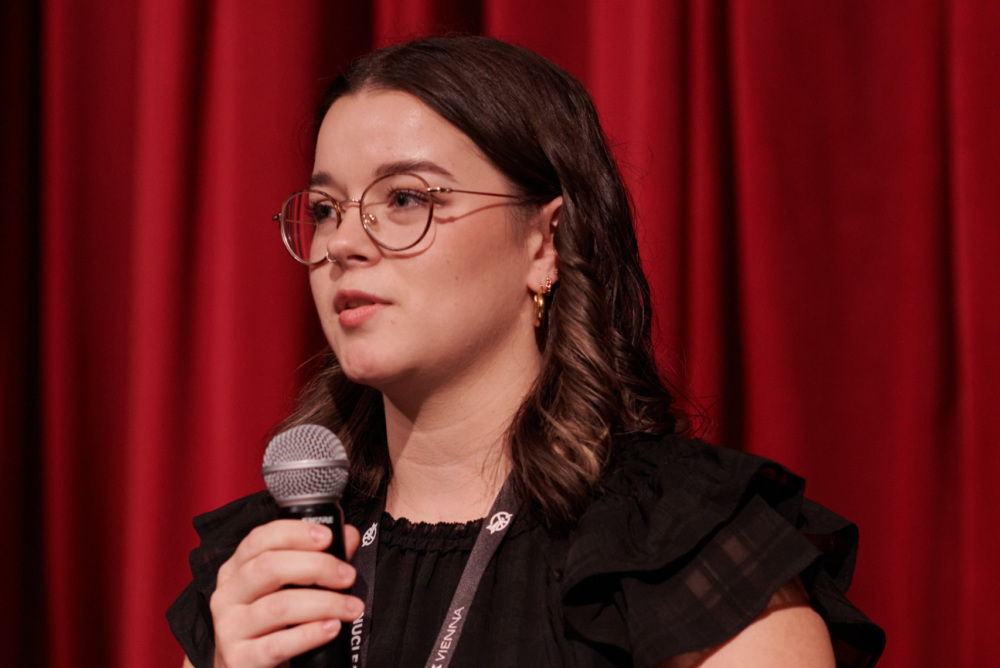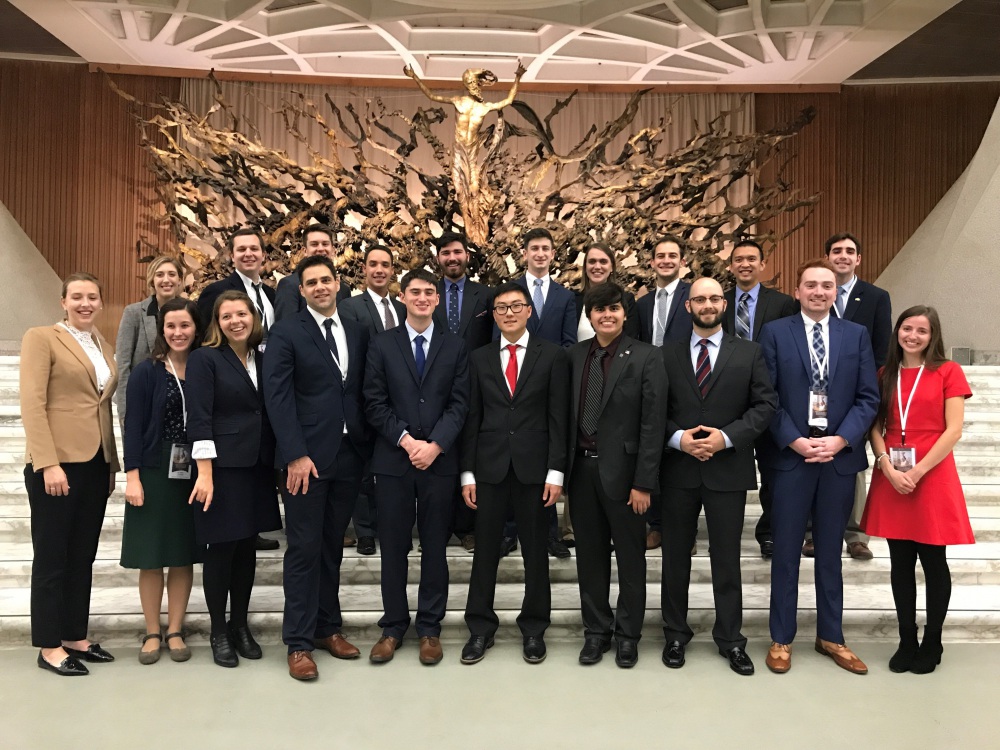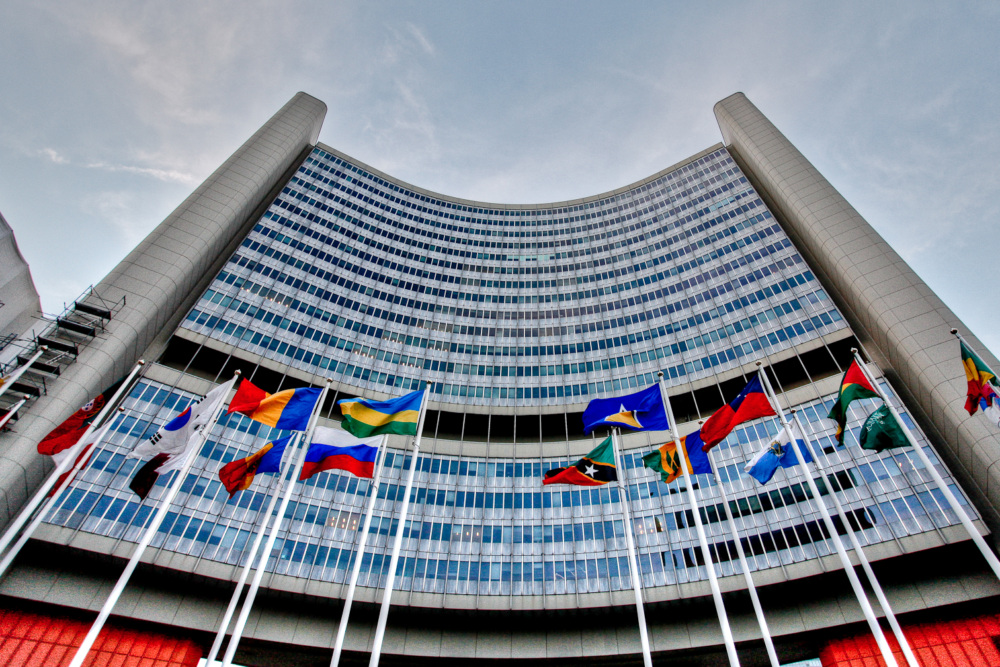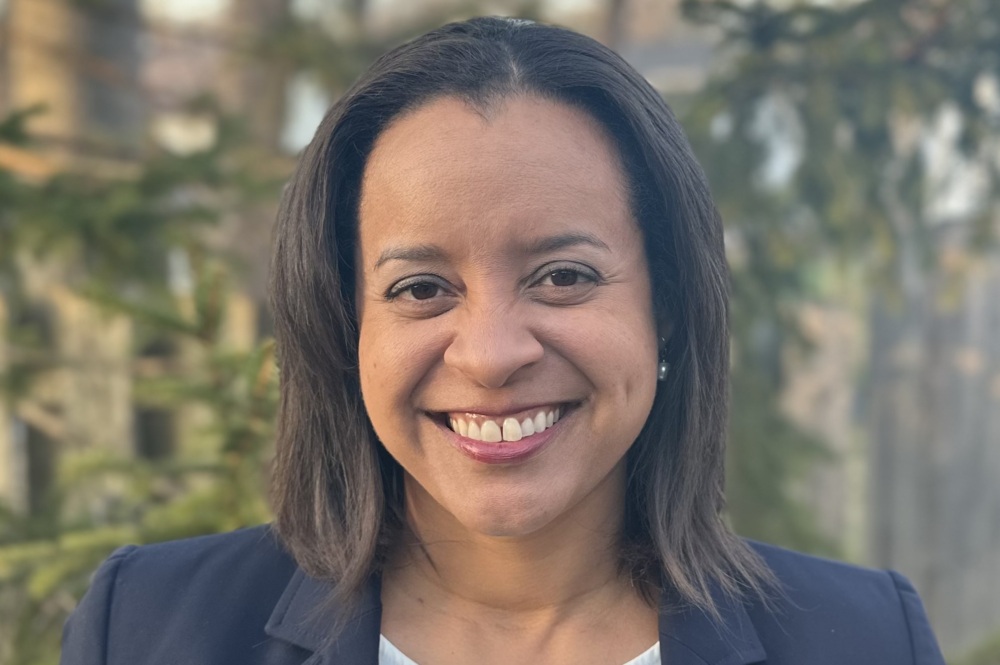By Daniel Rosenberg, Georgetown
University ‘18
Since
Pope John XXIII gave his famous Pacem in
Terris encyclical (or policy statement), in April of 1963, the Roman
Catholic Church and the nuclear disarmament movement have been continually
entangled. The Church is interested in nuclear disarmament for a couple of
reasons. The first is that one of the main tenets of the Church is promoting
peace, and although some argue that nuclear weapons are a necessary component
of global peace, they clearly are instruments of war. The second is that
nuclear weapons pose an existential threat to humanity. These are weapons of
immense destructive force, capable of wiping out millions of people and
profoundly harming the environment, now and for future generations. The threat
of such a calamity occurring, whether during a nuclear exchange, or even by
accident, it is too great a risk for humanity to bear.
The Holy See itself has been active
on issues of disarmament for decades, primarily through its role as an observer
state to the United Nations. However, in the past year, Pope Francis and the
Holy See have taken on even greater responsibility in the nuclear conversation.
The
UN General Assembly elected to make the Holy See a fully participatory and
voting member of the UN for the duration of the recent Conference on a Legal
Ban of Nuclear Weapons. I attended the meetings of that conference, both in
March and June, and I witnessed the Holy See at work. The Church did not shy
away from its newfound responsibility, and leaders took part in high-level
discussions between states and made a variety of interventions on the UN floor.
With the nuclear-weapons-possessing states, NATO and a variety of other U.S.
allies all boycotting these meetings, it was up to smaller states like the Holy
See to take the lead in crafting the treaty.
With those
meetings concluded and the treaty out for ratification, the goal now is to look
to the future, with an eye for understanding how to get the states that possess
nuclear weapons involved. Last weekend, the Vatican hosted a conference called
“Perspectives for a World Free from Nuclear Weapons and for Integral
Development.” The goals: to begin to understand the path forward for
eliminating these weapons from arsenals worldwide and to mitigate the threat
nuclear weapons and materials pose to humanity.
The
Holy See is uniquely equipped to lead this conference, as much of its work on
disarmament involves improving peace education. The best way to begin to put
pressure on nuclear weapons-possessing states is to make sure citizens of those
states understand the grave threat these weapons pose to everyone. Unfortunately,
it seems that since the end of the Cold War, many people have forgotten that
nuclear weapons did not disappear with the Soviet Union and that the threat of a
detonation, whether intentional or accidental, remains.
The conference itself offered a
collection of high profile and knowledgeable speakers, ranging from Pope
Francis himself to multiple Nobel Laureates. One of the more provocative
sessions was a debate between Rose Gottemoeller, the NATO Deputy Secretary
General, and the Permanent Representatives to the UN of Austria and Mexico. NATO
did not support the ban treaty, while both Austria and Mexico served as vice
presidents of the Nuclear Ban Conference and took very active roles in drafting
the final treaty. The hope was that the dialogue could help engage NATO in the
future on this issue—and Gottemoeller ended her remarks with an invitation for
dialogue at NATO.
The conference could not have come
at a better – or frankly, worse – time, as the stakes with respect to nuclear
weapons have never been higher. With North Korea gaining greater nuclear strike
capabilities every day, and the United States considering withdrawing from the Iran
nuclear agreement, it is vital that plans be set in motion to begin to
eliminate this threat. With the Holy See’s important contribution, the nuclear
disarmament regime should continue to grow in strength with better developed
plans for building a safer future for us all.




